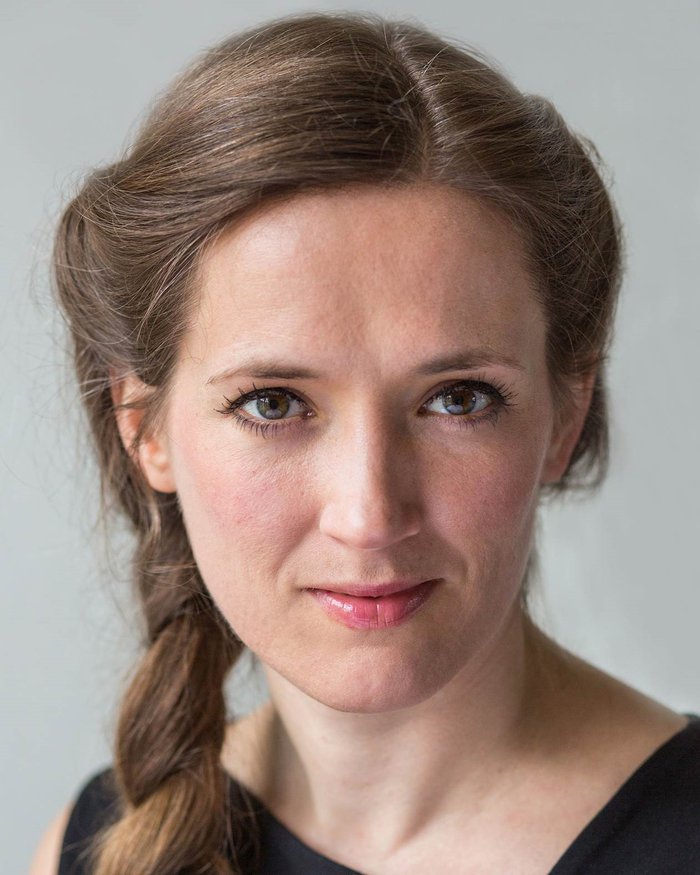 There are lots of factors that contribute to stress at work – whether that be changes within your organisation, the challenges of working from home, or delivering on a big project. Some of us are able to deal with these stresses better than others, and that’s often down to how resilient we are.
There are lots of factors that contribute to stress at work – whether that be changes within your organisation, the challenges of working from home, or delivering on a big project. Some of us are able to deal with these stresses better than others, and that’s often down to how resilient we are.
Resilience is the ability to maintain your wellbeing in the face of adversity. In the workplace, people who are resilient are able to adapt and respond positively to setbacks and stressful situations.
Knowing how to identify, limit, and handle pressure makes it easier to get through times of higher stress and recover.
RADA Business Tutor Leandra Ashton shares insights into setting boundaries, increasing your self-awareness and becoming more resilient at work.
Create boundaries for yourself
The key to resilience, says Leandra, is about creating boundaries for yourself. “It’s about having the power to say no when you need to. You can’t be resilient if you constantly say yes, or if you have no sense of boundaries.” This may be not taking on any extra work, guarding the time you need to prepare for an important meeting, or restricting time spent at a screen or on calls.
When you set boundaries for yourself, you create space. Leandra says: “It’s only when we say a really strong no, that we can then say a full yes to when truly want to say yes.”
“When you are pushed beyond your boundaries it’s like pouring from an empty cup. You have to make sure that your cup stays full, so that you have the inner resources to deal with stressful situations. That starts with setting limits for yourself, being aware of when your cup is becoming empty, and catching yourself before you get there.”
But how do you know when you need to say no?
Connecting your body and mind
“We need to shift out of the dominance of the mind and move into remembering the wisdom of the body,” says Leandra. “We often hear about the gut-brain connection and we’re all familiar with the expression ‘gut instincts’. However, we can actually tune into physical sensations that connect us to a deep sense of ‘knowing’.
For me, resilience at work starts with the basic foundation of bringing yourself back into your body and listening to your body’s responses. It’s not sustainable or wise to work only from the mind and to ignore the body. We need to bring both ‘online’.”
Your body is as important and useful as your mind when it comes to making decisions, says Leandra. “When you set boundaries, it gives you space to actually begin to feel what’s going on with your body and your breath, and that builds awareness. For example, if you notice your breath feeling tighter, your heart rate higher or just a sensation in your gut that says ‘this doesn’t feel right to me’, can you be open and curious about those physical sensations? What are they telling you?”
Other signs you’re at the edge of your limits may be finding yourself snapping, being more irritated or impatient than usual, or losing sleep or appetite, says Leandra. Noticing these changes is important and helps bring us back into balance.
Listening to your body and being aware that you’re in a stress response, will allow you to change it. “As soon as we start to observe the body, the breath and the mind everything shifts,” says Leandra.
Take a breath
Leandra’s advice for reconnecting your body and mind starts with a breath.
When you find yourself in a heightened stress state, take a low slow breath, says Leandra. Being more aware of a stress state will allow you to take a pause and recalibrate. As you continue to breathe slowly, drop your attention to where your body meets the earth. Notice how your feet are connected to the floor. If you’re sitting, how are your sitting bones connected to your chair?
Get curious about your posture – are you collapsed or is your back straight? Lengthen your spine and allow your lungs to fill with air. “As you connect to your body and allow it to root downwards, you will start to feel more supported,” says Leandra. “From that place you can feel more, make better decisions, as well as express what you genuinely think and feel.”
What next?
Setting boundaries for yourself so you can pause and rest; as well as observing your body, breath and mind will lead to greater resilience and more positive outcomes in challenging situations.
“You will become more centred and self-aware, and you will be able to continue to show up authentically and truthfully”, says Leandra. “Recognise that you don’t have to have all the answers all the time; take the pressure off yourself. Being in a more expansive state creates space for solutions which are often illusive when we’re physically contracted.” Finally, be kind to yourself, says Leandra. “Everyone loses their temper, gets things wrong, or makes mistakes. We’re human and we’re all a work in progress. Remember to be compassionate with yourself.”
To learn more about RADA Business, please visit radabusiness.com.

